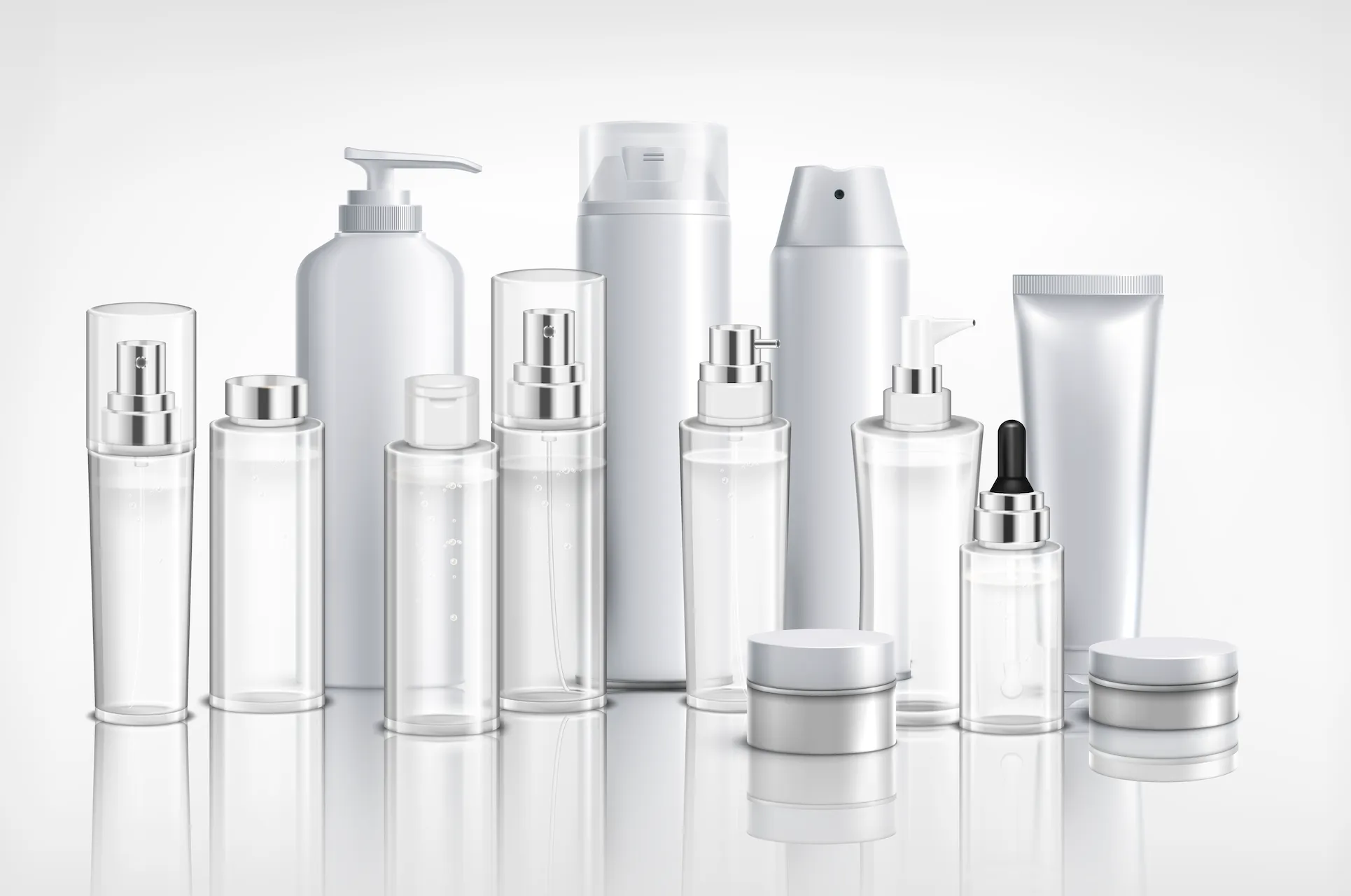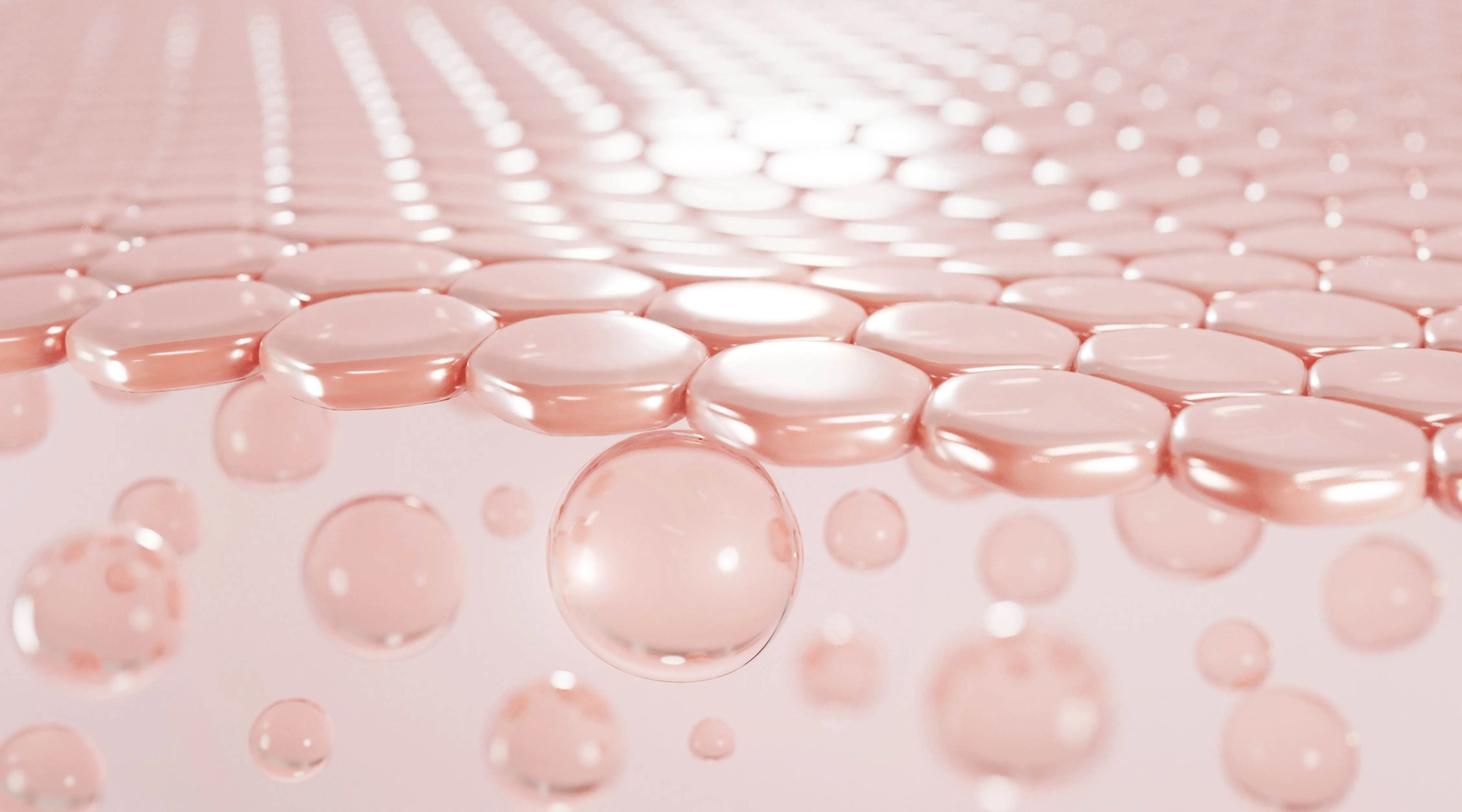Secrets to Achieving Smooth and Healthy Skin

Your skin is the largest organ of your body, serving as a protective barrier and a reflection of your overall health. Smooth, healthy skin isn't just about aesthetics; it’s also a sign of well-being. Achieving that flawless glow requires a combination of good habits, proper skincare, and a healthy lifestyle. Here's how you can nurture your skin to be its best.
1. Stay Hydrated
Water is your skin’s best friend. Hydration is key to maintaining skin elasticity, flushing out toxins, and keeping your skin cells functioning at their best. Aim for at least 8 glasses of water a day, and consider adding hydrating foods like cucumbers, watermelon, and oranges to your diet.
Tip: Start your day with a glass of warm water and lemon to kickstart your metabolism and hydrate your skin from within.
2. Follow a Consistent Skincare Routine
A consistent skincare routine tailored to your skin type is essential. Here’s a basic regimen to follow:
Cleanser: Use a gentle cleanser to remove dirt, oil, and makeup. Choose one that matches your skin type—whether it's dry, oily, or combination.
Exfoliation: Exfoliate 2-3 times a week to remove dead skin cells and reveal a fresh layer of skin. Opt for a chemical exfoliant with AHAs or BHAs for a gentler, more effective treatment.
Moisturizer: Keep your skin hydrated with a moisturizer that suits your skin type. Even oily skin needs hydration—look for oil-free or gel-based formulas.
Sunscreen: Never skip sunscreen, even on cloudy days. A broad-spectrum SPF 30 or higher protects against both UVA and UVB rays, preventing premature aging and skin damage.
Tip: Apply products in order of consistency, from thinnest (like serums) to thickest (like moisturizers).
3. Eat a Balanced Diet
What you eat plays a significant role in your skin’s health. Incorporate foods rich in antioxidants, vitamins, and minerals to nourish your skin from within.
Omega-3 Fatty Acids: Found in fish, flaxseeds, and walnuts, these help maintain your skin’s moisture barrier.
Vitamin C: This antioxidant, found in citrus fruits, strawberries, and bell peppers, boosts collagen production and helps repair damaged skin.
Vitamin E: Nuts, seeds, and leafy greens are packed with this vitamin, which protects your skin from oxidative damage.
Tip: Reduce your intake of sugar and processed foods, as they can contribute to inflammation and breakouts.
4. Get Enough Sleep
Your skin repairs itself during sleep, making it crucial for maintaining healthy, glowing skin. Aim for 7-9 hours of quality sleep each night to allow your skin to regenerate and repair.
Tip: Elevate your head slightly with an extra pillow to reduce morning puffiness and prevent fluid buildup.
5. Manage Stress
Chronic stress can take a toll on your skin, leading to issues like acne, eczema, and psoriasis. Managing stress through activities like meditation, yoga, or simply taking time for yourself can improve both your skin and overall health.
Tip: Incorporate deep breathing exercises into your daily routine to help reduce stress levels.
6. Exercise Regularly
Regular exercise increases blood circulation, which helps nourish skin cells and keep them vital. Sweating during a workout also helps flush out toxins from your skin.
Tip: Always cleanse your skin after a workout to remove sweat and prevent clogged pores.
7. Avoid Smoking and Limit Alcohol
Smoking accelerates skin aging, causing wrinkles and a dull complexion. Alcohol dehydrates the skin, leading to dryness and a loss of elasticity. Limiting or avoiding these can significantly improve your skin's appearance.
Tip: If you consume alcohol, drink plenty of water alongside it to mitigate its dehydrating effects.
8. Protect Your Skin from Environmental Damage
Environmental factors like pollution and UV radiation can damage your skin. Protect your skin by wearing sunscreen, using antioxidant-rich skincare products, and covering up when necessary.
Tip: Incorporate a vitamin C serum into your morning routine to help neutralize free radicals caused by pollution.
9. Treat Your Skin Gently
Be gentle with your skin. Avoid harsh scrubbing, using overly hot water, or using products that can strip your skin of its natural oils.
Tip: Pat your skin dry with a soft towel after washing, rather than rubbing it.
10. Regular Check-Ups
Visit a dermatologist regularly to check for any skin issues and to get personalized advice for your skin type and concerns. Early detection of skin problems can prevent more serious issues later on.
Tip: Perform a self-exam once a month to monitor any changes in moles or new growths.





